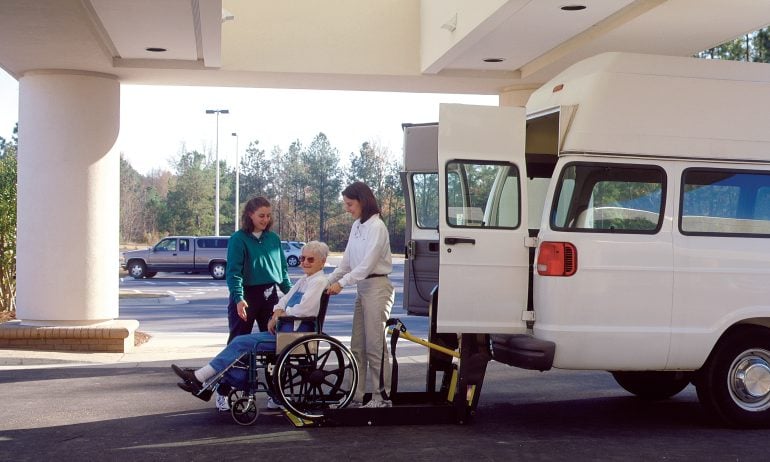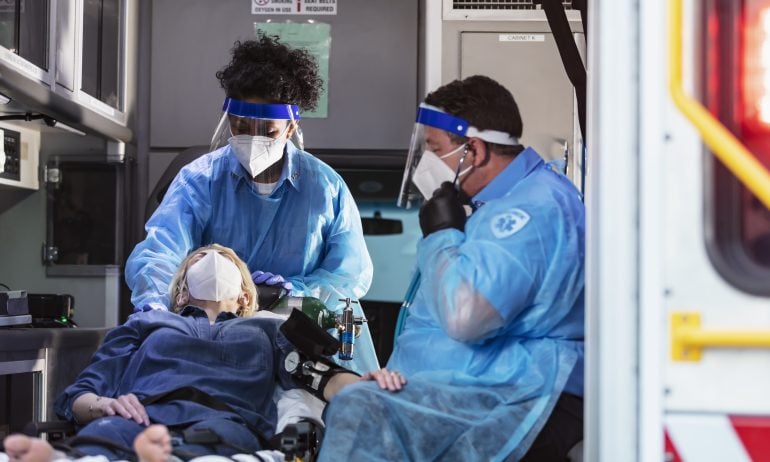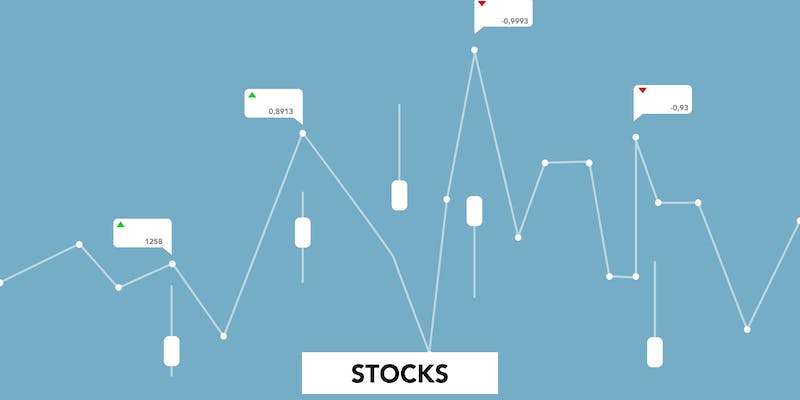When it is medically essential and traveling to a healthcare facility in any other vehicle would put your health at risk, Medicare Part B will reimburse the cost of transporting you to the facility in an ambulance. The difficult aspect is determining whether or not these parameters are satisfied, which is particularly challenging in a crisis when no medical expert is available to verify that an ambulance is the sole means of transportation that is suitable.
Medicare will be charged for at least some ambulance services if you call 911. However, you will be responsible for paying a portion of the total cost, ranging from a few hundred dollars to a thousand dollars or more. Medicare will only pay for an ambulance ride if certain requirements are satisfied, even if the situation does not constitute an emergency. Because of this, having a solid understanding of the essential components of Medicare's coverage for ambulance services is essential.
Ambulance Transportation For Emergency Care
You should call for an ambulance to be sent to the location of your choice for treatment if you are under the impression that a medical emergency is currently taking place and that the patient must be transported there immediately.
Sarah Murdoch states, "We have difficulty with claims when the question is whether there was an emergency." "Make sure that the providers label the event as an emergency in their documentation. Make the argument to them that calling an ambulance was the appropriate course of action given what you knew and what you were going through at the time."
Ambulance Services In Nonemergency Situations
Medicare will pay for nonemergency ambulance transportation if a doctor certifies that it is medically required. However, this coverage is not guaranteed. In most cases, the patient must be confined to bed or need essential medical services while transported. It doesn't matter whether it's a hospital, a nursing service, or any other kind of healthcare environment; the ambulance is required to transport you to a location that offers services covered by Medicare.
In some circumstances, people have made prior arrangements for many times each month to receive ambulance services. A new model is being implemented by Medicare in which prior authorization will be required before your fourth nonemergency round trip within 30 days. This is done to ensure that the patient and the ambulance company know whether or not the fourth transport will be approved and paid for by Medicare. The ambulance company will send a charge to the patient if the patient is not authorized.
What Will Your Costs Be For Ambulance Transportation?
If you have just the Original Medicare plan, you will be responsible for paying 20% of the Medicare-approved price for ambulance services. The Medicare Part B deductible will be applied, which will be $233 in 2022 and $226 in 2023. Medicare will only pay for transportation in an ambulance to the closest medical institution that can provide the necessary treatment for your condition.
In most cases, if you have Medicare Supplement Insurance, often known as Medigap, the plan will pay for your 20% portion of the cost. However, if you request that the ambulance transport you to a place for treatment that isn't the one that is closest to you, Medicare Part B and Medigap will only pay for the cost of getting you to the site that is closest to you. In such a scenario, you would be responsible for paying extra charges out of your own money.

Medicare Advantage And Ambulance Coverage
The Medicare Advantage plan must include at least the same services as the Medicare Part B plan; however, the fees for ambulance services will vary depending on the plan. Your Medicare Advantage plan's documentation will often include a section that details the copayment amount for emergency ambulance services. Plans that offer extra coverage may be available in some regions of the country; however, the specifics of these plans' coverage might be rather complicated.
According to Murdoch, to determine whether or not your specific circumstance will be covered, you need to carefully examine the Evidence of Coverage paperwork that comes with your plan. For example, people with chronic illnesses likely to need many journeys in an ambulance for treatment may find it beneficial to participate in this study.
What To Do If Your Claim For An Ambulance Is Rejected
The first thing you should do is go through your Medicare Summary Notice to determine the reason the claim was turned down. Most of the time, Medicare cannot evaluate whether the ambulance fee is legitimate because of an error or a lack of information submitted. Dial the number of the medical facility, health center, or doctor who attended to your treatment. Make sure you have all of the necessary information before resubmitting the claim.
The ambulance service needed to submit the necessary documents on time, or an error occurred. Have a conversation about correcting any problems, and then ask them to resubmit the information.








